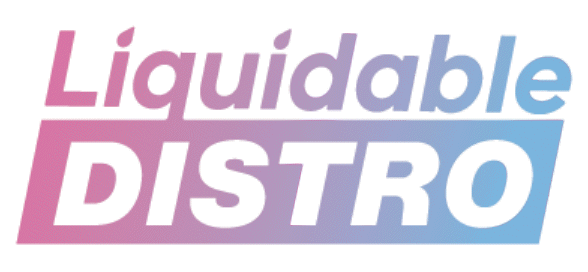As the UK gears up for the 2024 General Election, the future of vaping regulations is a key topic for discussion among vapers, public health officials, and industry stakeholders. The election’s outcome could significantly influence vaping policies. Impacting everything from regulatory measures and taxes to public health initiatives and the growth of the vaping industry. Here’s a comprehensive look at what the election could mean for the vaping community in the UK.
The Current Vaping Landscape in the UK
The UK has adopted a relatively progressive stance on vaping, recognising e-cigarettes as effective tools for quitting smoking. Public Health England (PHE) has consistently endorsed vaping as a less harmful alternative to smoking traditional cigarettes. However, recent shifts in the political climate and regulatory environment signal potential changes. Concerns over the rising number of children and teenagers taking up vaping have led to legislative proposals. Such as the Disposable Electronic Cigarettes (Prohibition of Sale) Bill and the Tobacco and Vapes Bill. Additionally, new taxes on vaping products have been proposed.
The Disposable Electronic Cigarettes (Prohibition of Sale) Bill
This private member’s bill aims to ban disposable vapes in the UK, with the government initially setting the ban’s enforcement date for April 1, 2025. However, the bill’s progress through Parliament has been halted until after the general election. Both the Conservative and Labour parties support the ban. Making it likely to be implemented eventually, though the exact timing remains uncertain.
The Tobacco and Vapes Bill
This bill poses a more significant concern for the vaping community, as it could affect virtually every vaper and thousands of businesses related to vaping. While a ban on disposable vapes would push users towards refillable, rechargeable devices, the Tobacco and Vapes Bill could introduce broader restrictions that are more difficult to navigate legally.
The bill’s primary goal is to “reduce the appeal and availability of vaping products” by empowering ministers to regulate aspects such as:
– E-liquid flavours
– Packaging of vaping products
– Point-of-sale displays
Although the bill didn’t become law before Parliament was prorogued in preparation for the election, it’s likely to be revisited afterward. Given the bipartisan support it has received. The bill’s hasty advancement has left little room for thorough debate or consideration of its consequences. A situation highlighted by the government’s reliance on AI to analyse consultation responses without fully reading them.
With the urgency of passing the bill now diminished, there’s a chance for greater scrutiny and for opponents to present their objections more effectively. The outcome of the election could determine the extent and nature of any revisions to the proposed legislation.
New Tax Proposals
In the March 2024 budget, the government proposed new taxes on vaping products, set to take effect from October 2026. It’s still unclear whether these taxes will be implemented as planned. Currently, vaping products are subject to value-added tax (VAT) but not a separate duty. The proposed duty rates are:
– £1 per 10ml for nicotine-free e-liquids
– £2 per 10ml for e-liquids with 0.1-10.9mg of nicotine
– £3 per 10ml for e-liquids with 11mg or more nicotine
These taxes would make e-liquids significantly more expensive. Although duties on tobacco cigarettes are also set to increase to keep vaping as a cheaper option, this offers little comfort to those who have already quit smoking through vaping.
Conclusions
With both major political parties in favour of new vaping regulations, it’s highly likely that some form of legislation will eventually be enacted. However, the specifics of this legislation remain uncertain, and there is a slim possibility that it may not be implemented at all. The delays to the proposed bills, caused by the general election, provide an opportunity for more careful consideration of the issues and for examining the impact of similar laws in other countries.
Restrictions in other nations have often led to significant expansions of black markets. When legal avenues are restricted, vapers tend to seek out alternatives. This raises questions about the efficacy and enforceability of stringent laws, especially if they harm legitimate suppliers and retailers of vaping products.
As we await the results of the election, the future of vaping regulations in the UK hangs in the balance. What are your thoughts on the potential changes to vaping laws?

Comments are closed